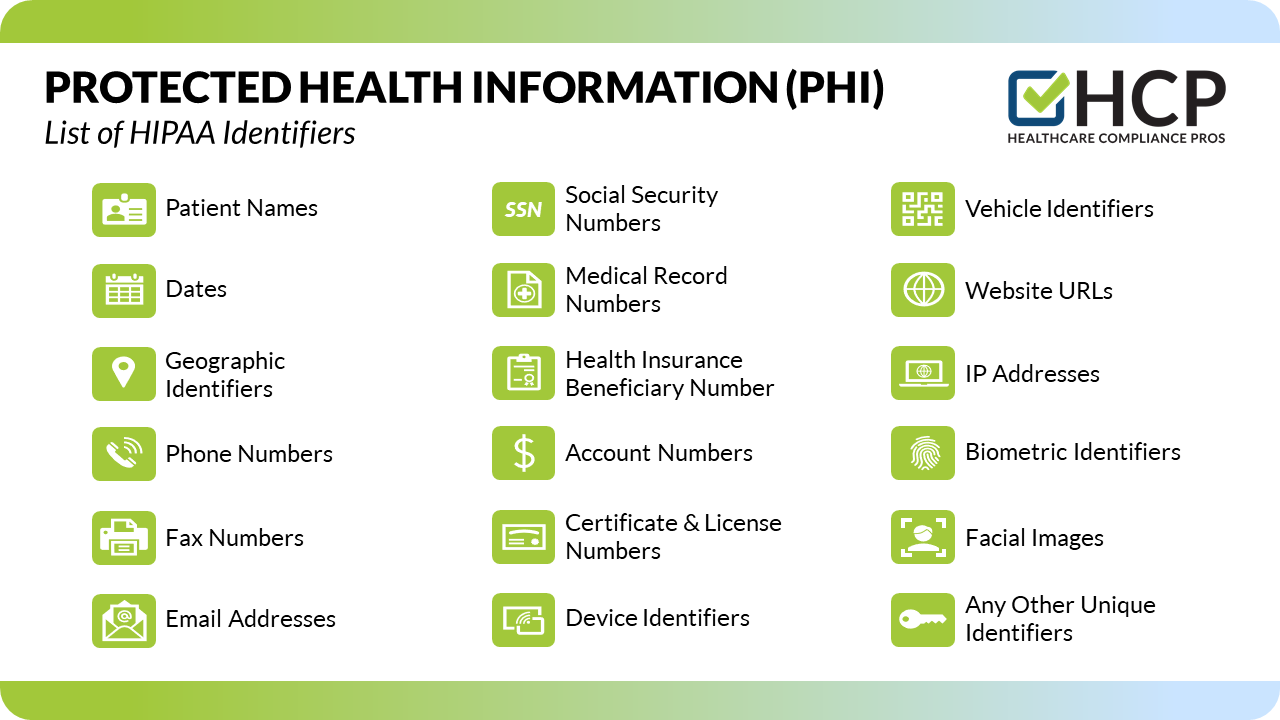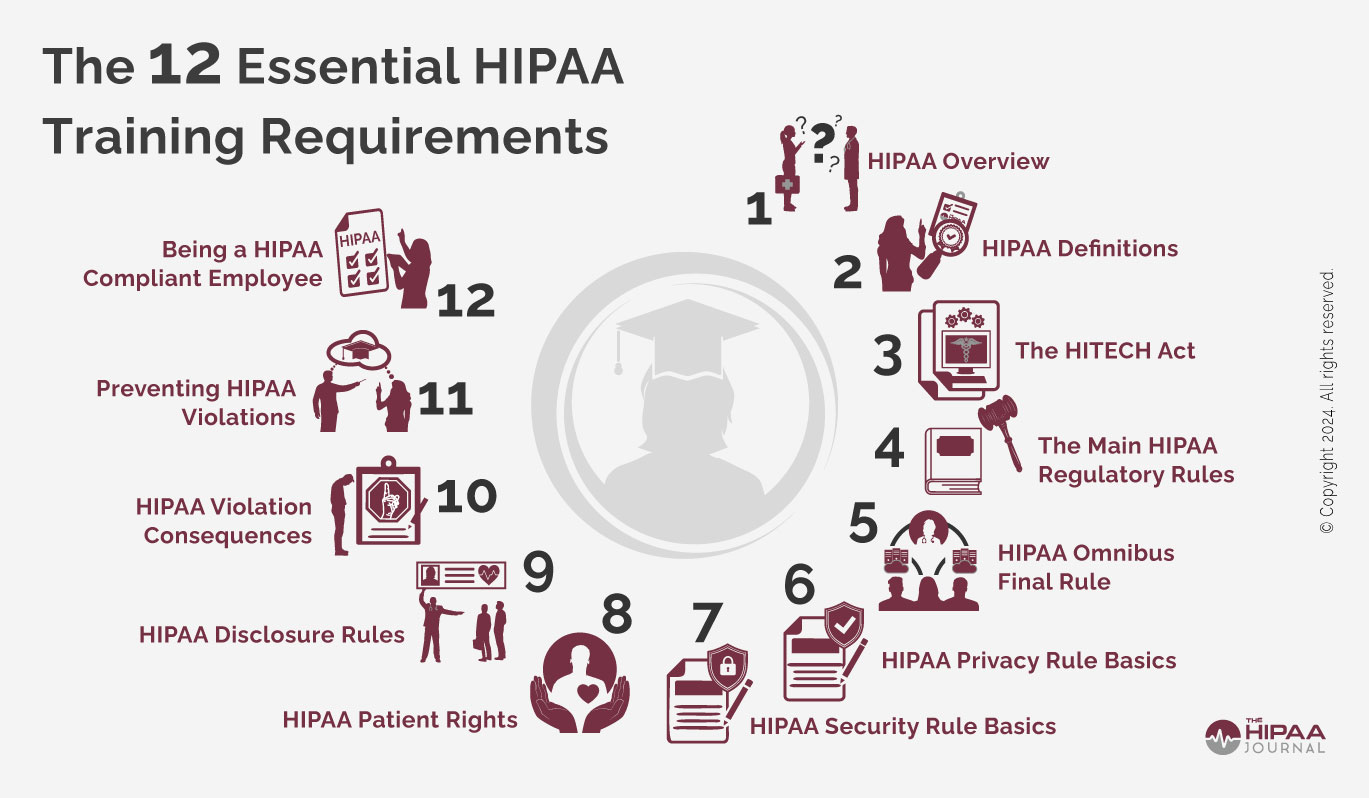How do CRO's maintain HIPAA Compliance?
research CROs regulatory 2 min read

CROs and HIPAA
Contract research organizations have a critical obligation to maintain HIPAA compliance, which is essential for safeguarding the sensitive and personal information of their clients, customers, and patients. This responsibility is multifaceted and includes several key components.
One of the primary aspects of this responsibility is ensuring that all parties involved are fully informed about what constitutes private information under HIPAA regulations. This involves educating clients, customers, and patients about the types of data that are protected, such as medical records, personal identification details, and any other information that could potentially be used to identify an individual.
By clearly communicating these guidelines, contract research organizations help prevent unauthorized access and sharing of private information. The following categories for HIPAA compliance are outlined below and should generally be thought of as the types of information you would not want to disclose to a stranger you have just met for the first time, as they are highly personal and sensitive in nature.

https://www.healthcarecompliancepros.com/blog/phi-and-you-the-basics-you-need-to-know
Additionally, most healthcare organizations have integrated HIPAA compliance and policy training as a fundamental component of their onboarding process for new employees. This training is designed to ensure that all staff members, from administrative personnel to healthcare providers, are thoroughly educated on the importance of maintaining patient privacy and the specific regulations outlined by HIPAA.
Just as you might jot down sensitive details like your Social Security Number or banking information to avoid speaking them aloud at the bank, and then later dispose of the written notes securely, private health information must be safeguarded.
The training typically covers a wide range of topics, including the identification of protected health information (PHI), the legal implications of non-compliance, and the procedures for reporting potential breaches. By incorporating this comprehensive training into the onboarding process, healthcare organizations aim to foster a culture of compliance and vigilance, thereby minimizing the risk of data breaches and ensuring that all employees understand their critical role in protecting patient information.

https://www.hipaajournal.com/hipaa-training-requirements/
HIPAA Guidance and Identifiers
A list of HIPAA identifiers and guidance are listed at the following links provided by the Department of Healthcare Services and the US Department of Health and Human Services. These resources are invaluable for anyone seeking to understand the intricacies of HIPAA compliance, as they offer in-depth explanations and examples of what constitutes PHI and the best practices for ensuring its confidentiality and security. By consulting these links, individuals and organizations can gain a clearer understanding of their responsibilities under HIPAA and the necessary steps to prevent data breaches and unauthorized disclosures.
